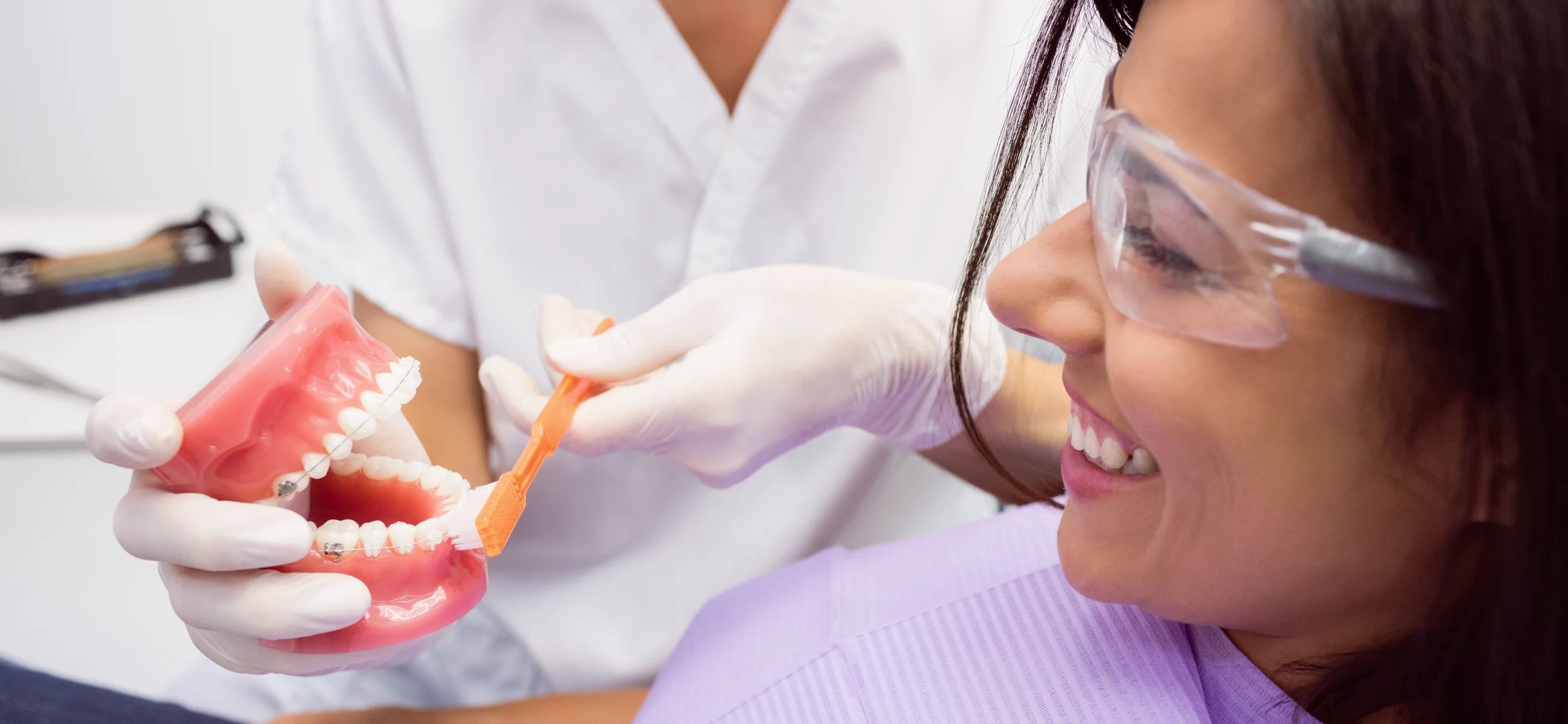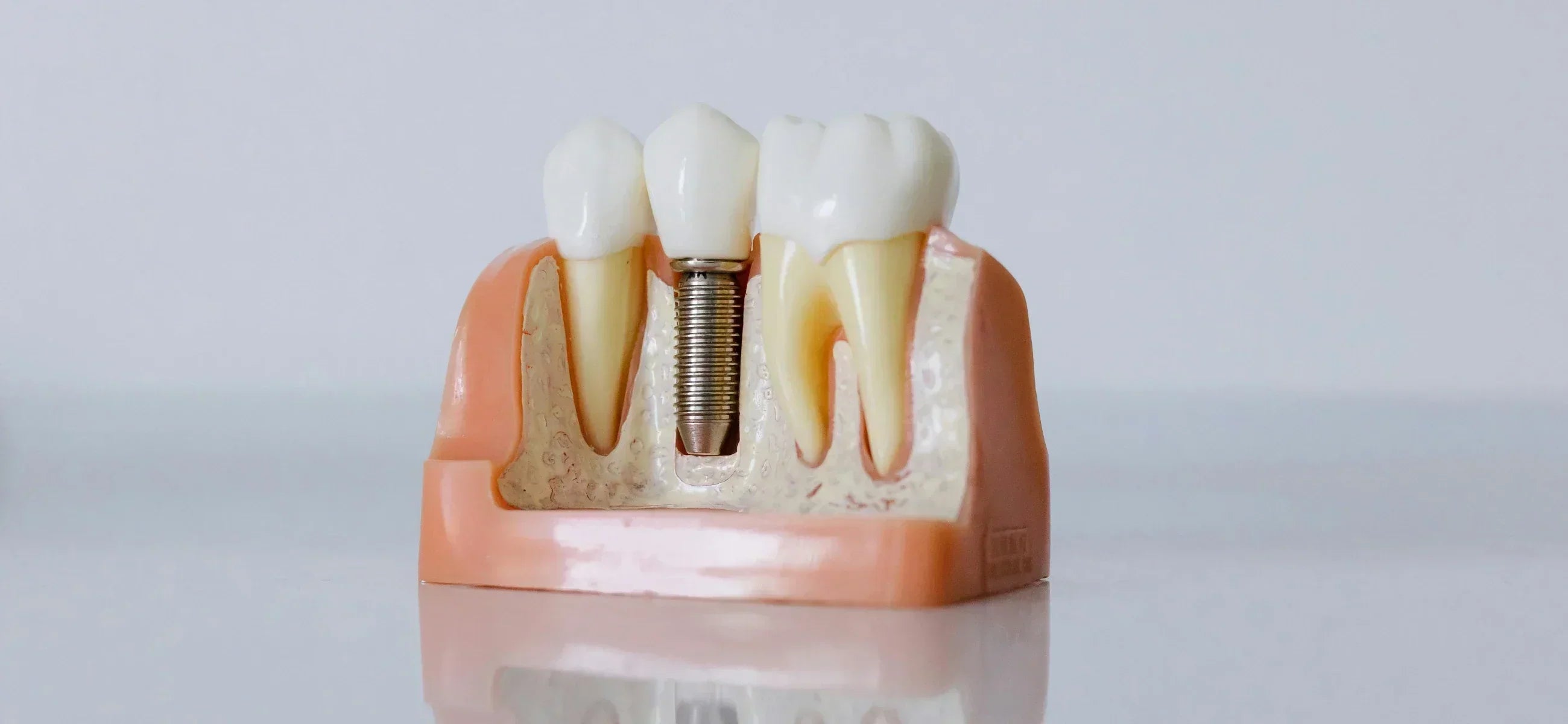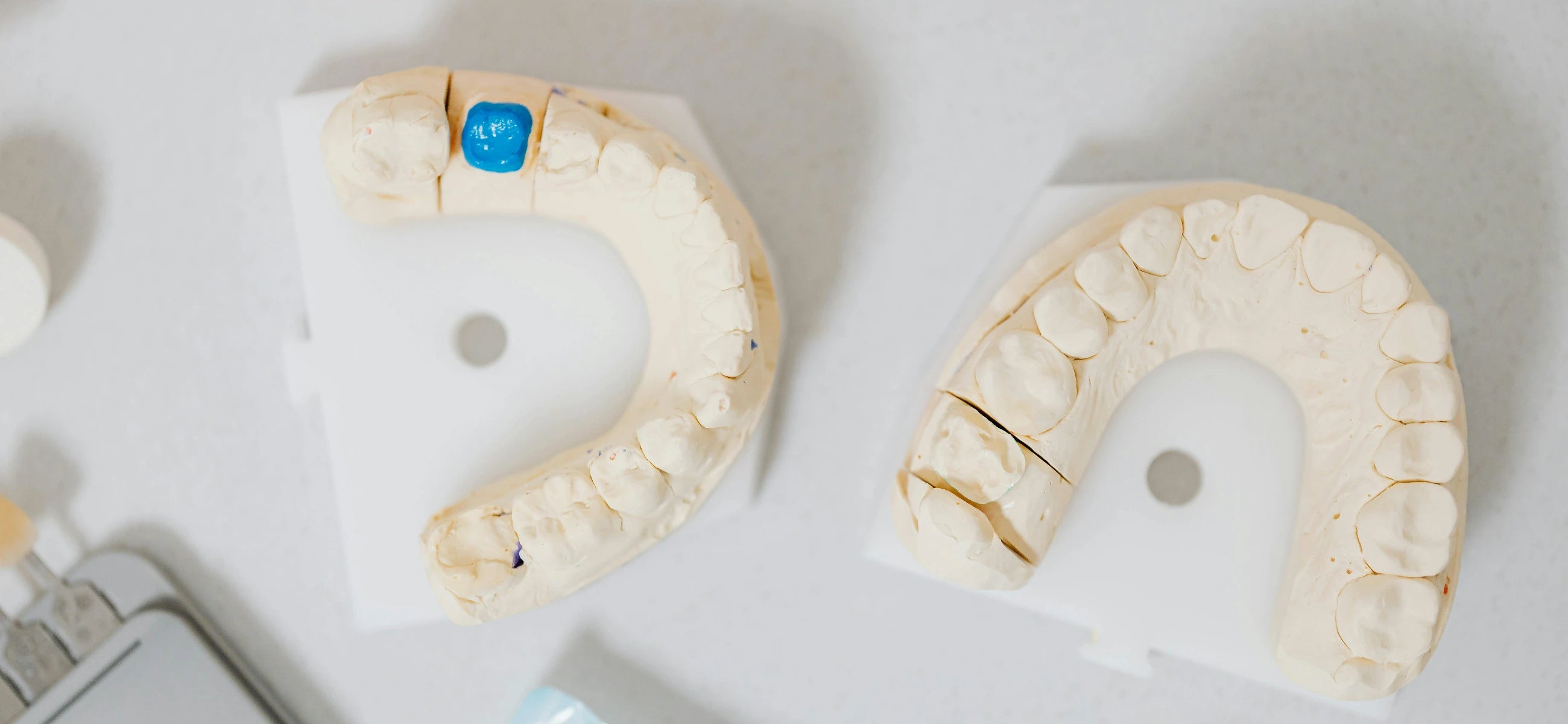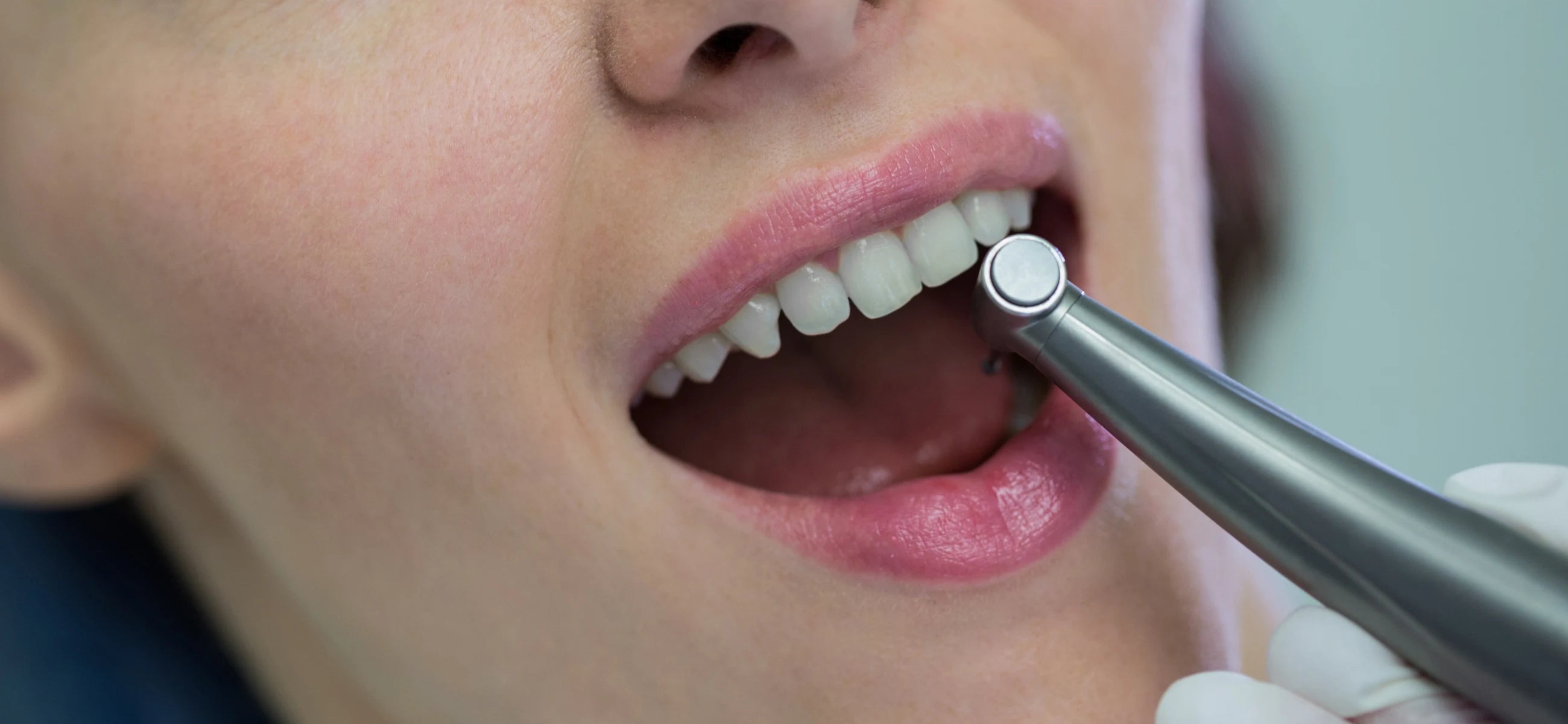
In this article
What are dental caries? This dental problem affects more than 2 billion people in the world every year, highlighting the significance of the condition. Here, we explain what dental caries are, why they appear, and how to prevent them with some super simple steps. We also answer some frequently asked questions to help you find out more about dental caries.
What are dental caries and how can they be prevented?
Dental caries - known commonly as dental cavities or a form of tooth decay - is the world's most prevalent "non-communicable disease," affecting more than 2 billion people in different parts of the world.
Typically caused by eating an excess of sugar or sugary foods, dental caries cause your teeth to rot and decay. As a result, bacterial infections proliferate in your mouth and may lead to tooth extraction.
The best way to avoid dental caries, particularly in children and adolescents, is to reduce the amount of sugar consumed and to improve dental hygiene by brushing and flossing regularly.
What are the types of dental caries?
Research shows that dental caries are caused by tooth-adherent cariogenic bacteria, which metabolize sugar to produce acid. This process "demineralizes" the structure of the tooth, causing it to rot and decay. Over time, the tooth becomes progressively worse and needs to be removed.
Specifically, sugar causes changes to the biofilm microbiota that resides in the oral cavity, which creates lesions and results in decayed and rotted teeth.
Dental caries can be small or large in size and can affect people in different ways. When they first appear, they might cause minor discomfort or sensitivity when eating. But when they grow large, they can limit a person's ability to eat food and may even disrupt sleep or speech quality.
When advanced, dental caries necessitate the removal of the tooth in question, resulting in expensive dental work and potentially several trips to the dentist's office.
What are the causes of dental caries?
Sugar is the cause of dental caries. As you know, sugar exists in so many forms. Some people add it to their morning coffee or tea, while others add it to their oats or cereal first thing in the morning.
Then, we have all the refined foods that sugar is prevalent in, such as breads, pastas, and other carbohydrate-based foods. There is also candy, soda, and other sweet treats, meaning that sugar is prevalent in large quantities in so many of the foods we eat and enjoy.
Interestingly, the World Health Organization notes that dental caries are more prevalent among populations in middle-income countries, where sugar consumption is high.
Simply, excessive sugar in its numerous forms is the main cause of dental caries all around the world.
What are the risk factors for dental caries?
There are a few risk factors of dental caries. Children and adolescents are more at risk as they tend to favor high-sugary foods and sodas and are less aware of the risks than adults.
As mentioned, people who live in middle-income countries, where sugar consumption is high, are also more at risk of dental caries.
However, it's worth noting that disadvantaged people in these countries who face socio-economic hardship are more likely to suffer from dental caries, as they may not have adequate access to dental healthcare.
Aside from these general risk factors, it's worth noting that anyone in the world who follows a high-sugar diet is at risk from dental caries.
Steps to prevent dental caries
Prevention is definitely better than the cure when it comes to dental caries, as tooth extraction is typically the only way to solve the condition when it advances. Here are some steps you can take to ensure you don't experience dental cavities:
Manage your sugar intake
Ideally, eliminating sugar from your diet would be the best way to prevent dental caries. But given that we all enjoy sugar from time to time, ensuring that you moderate your intake is key. Reduce the refined foods that you eat and try to cut out candy and full-sugar sodas. Doing so can make a big difference to the health of your teeth and gums more generally.
Brush and floss properly
You should brush your teeth 2-3 times per day with an electric toothbrush like the Laifen Wave for the best results. Also, if you have a sugary snack, consider brushing your teeth immediately after to remove the sugar right away. Then, make sure you floss at least once a day to remove any bacteria from between your teeth.
Use an antibacterial mouthwash
Using an antibacterial mouthwash 2-3 times per day can have a significant benefit and may reduce the likelihood of caries forming. This is because it kills off harmful bacteria and limits tooth decay. Incorporate mouthwash into your daily routine and use it every time you brush your teeth.
Visit the dentist regularly
Though it can seem like a chore, regularly visiting the dentist's office can help to prevent dental caries. Your dentist can spot early signs of tooth decay and offer solutions and remedies to improve the health of your teeth. As a result, this means tooth extraction due to dental caries is less likely to be required.
Final words
Dental caries affect billions of people around the world and they are a cause for concern. However, they can be easily avoided. Reducing your sugar intake, brushing and flossing your teeth daily, and visiting your dentist regularly should be enough to stop dental caries from affecting your quality of life.
FAQ
Q1: What are the effects of dental caries?
Dental caries can affect your ability to chew and eat correctly. They may also cause pain in the mouth and may affect your sleep quality. These issues will likely continue until the tooth is removed.
Q2: At what age are dental caries inevitable?
Dental caries are not inevitable, as they can be avoided with good dental hygiene and by avoiding high sugary diets.
Q3: What are dental caries in children?
Dental caries in children is a form of tooth decay that is caused by excess sugar. Children and adults of practically any age can suffer from dental caries.
































